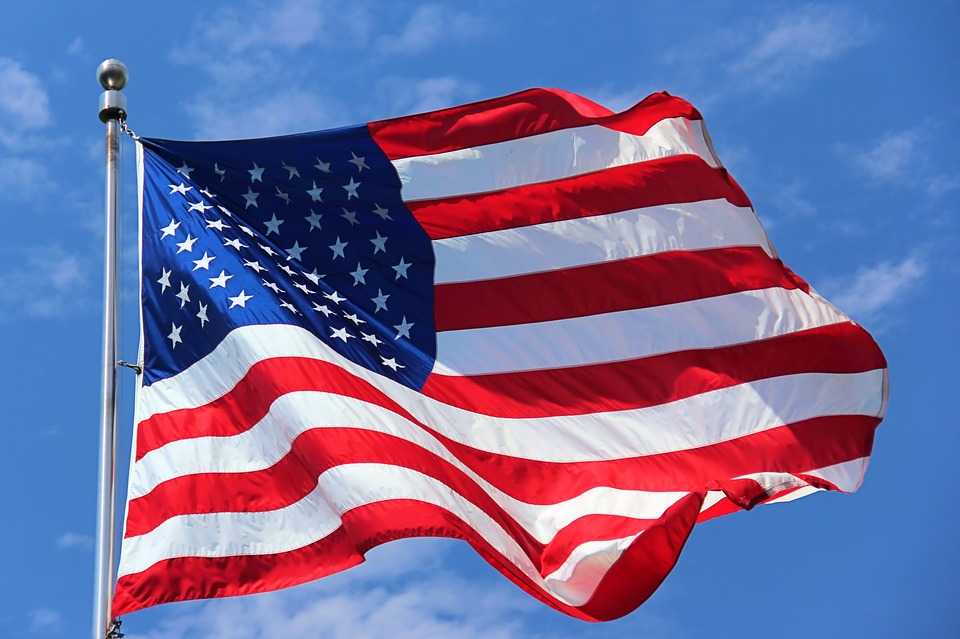
Veterans will often receive a rating decision from the VA that is later overturned. The question is then whether a Veteran can get paid starting from the date of the original claim, which might be decades before.
The answer to that question isn’t a straightforward yes or no. In most cases, it’s a cautiously optimistic “maybe.” However, if it can be done, it can lead to a large back pay award for the Veteran.
For a rating decision to be overturned in these cases, there needs to be a clear and unmistakable error (CUE) in the original VA decision.
Veterans who have reason to believe a CUE may have occurred in their VA benefits claim should speak to a lawyer with experience handling such matters. Exploring options with the help of a dedicated Veterans law attorney may be instrumental in determining what the options are and, if necessary, filing an appeal.
Before addressing what qualifies as a CUE, it’s important to review how the VA processes decisions related to disability claims.
The VA rating system determines the benefits and compensation a Veteran receives. This rating is a percentage from 0-100 based on the degree of a Veteran’s service-connected disability.
The appeals process exists for Veterans who wish to have their VA disability claims reconsidered. This might be because their disability rating was too low or their back pay date was incorrect. Depending on the type of decision a Veteran seeks to appeal, there are various avenues to start this process.
Depending on the type of appeals process and which entity it’s presented to, the types of evidence used in the appeal will vary. For example, in an appeal processed through the Supplemental Claim Lane, Veterans must present new and relevant information to have their appeal considered.
VA rating decisions are not immune to mistakes. Hence, they can sometimes be overturned or amended. A CUE is a unique type of appeal when the Veteran alleges that the VA made an error in their decision. This might be because it did not have knowledge of relevant facts at the time of the decision or did not apply the laws and regulations correctly. In layman’s terms, this means that the VA made a mistake that would be undeniable to most people.
At first glance, these criteria may still seem confusing. After all, what is obvious to one person’s judgment may not be obvious to another’s. Below is a summary of the defining characteristics of a CUE.
When determining if there was a clear and unmistakable error, there are some things that Veterans need to consider.
Occasionally, a claim will have been made, but the VA did not address it in a decision. That claim is still pending and is considered open. In these cases, the potential for error lies not in a decision (because none was made) but rather in the VA’s failure to make a decision. Therefore, no CUE needs to be discovered or proven in this scenario.
Gathering as much evidence and information about the original denial as possible is important and can impact the steps a Veteran must take to proceed. Enlisting a lawyer who can help examine the explanations and reasoning behind a denial can reveal potential misunderstandings or even outright blunders that constitute a CUE.
Laws and regulations change. Occasionally, CUEs are made when someone applies the current law to a situation before that law has come into effect. These inconsistencies can form a CUE.
Again, for an error to be clear and unmistakable, it must have been grievous enough to have changed the outcome of the decision at the time it was made and be so wrong that reasonable minds could not differ. These claims are difficult to win — but certainly not impossible.
The process of successfully appealing a CUE claim can be extremely challenging. The Department of Veterans Affairs sets strict guidelines and protocols that Veterans must follow if they wish to challenge a decision, and adhering to these can be intimidating.
Moreover, if a Veteran attempts to appeal a CUE claim, the Veteran could encounter difficulty in the future should they need to make another appeal on the same grounds. In 2011, the Court of Appeals for Veterans Claims limited the number of times that a Veteran can raise clear and unmistakable errors for appeal.
Still, it is possible to overturn a VA decision based on a CUE. To do so, a Veteran must have the correct information and understanding of the law. Furthermore, the Veteran will need to know how to initiate the appeals process procedurally. In challenging cases such as these, a Veteran would greatly benefit from legal assistance provided by an attorney who is already armed with this knowledge.
Veterans’ service is invaluable, and they deserve nothing but the full amount of benefits to which they are entitled. The attorneys at Berry Law are committed to continuing the fight with Veterans and upholding their legal rights. If you believe you may have a clear and unmistakable error (CUE) claim, please contact our team today at (888) 883-2483 for a consultation.
Our monthly newsletter features about important and up-to-date veterans' law news, keeping you informed about the changes that matter.